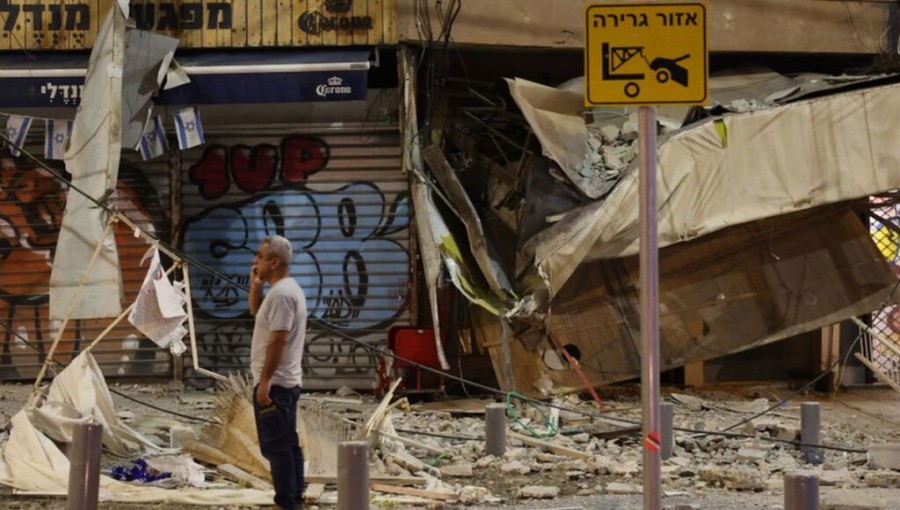Jerusalem, August 24 — Israel's economy is facing significant challenges as a result of an ongoing conflict that has lasted over 11 months, according to local economists. The prolonged hostilities have caused a sharp increase in national debt, while economic growth has stagnated, leading to the closure of many small businesses and a decline in international investment. Analysts warn that unless the conflict is resolved soon, the economic situation could deteriorate further.
Jerusalem, typically bustling with tourists year-round due to its religious significance and cultural heritage, is now nearly deserted. The city's economy, heavily reliant on tourism, has suffered greatly, with many shops closed and the tourism sector in decline. Local residents express uncertainty about when, or if, normal conditions will return.
The American Colony Hotel, a well-known establishment in Jerusalem, has had to implement layoffs and salary cuts. Although there were considerations to temporarily close the hotel, management instead opted to reduce staff to manage costs.
A similar downturn is evident in Haifa, Israel's busiest port city, where once-busy operations have slowed dramatically, leaving workers with little to do.
The ongoing conflict with Hamas has eroded international investor confidence, contributing to a GDP decline of over $14 billion this year. In addition, the national debt has increased significantly compared to the previous year. Economists like Jacob Sheinin emphasize the urgency of ending the conflict to avoid further economic damage. He notes that Israel's GDP growth has effectively reversed, leading to substantial economic losses.
Experts also point out that the economic toll of the 11-month conflict has matched or even surpassed the financial impact experienced during the two-year Covid-19 crisis. The consensus among economists is clear: halting the conflict is essential to stabilizing Israel's economy and preventing a worsening financial crisis.





























Comment: